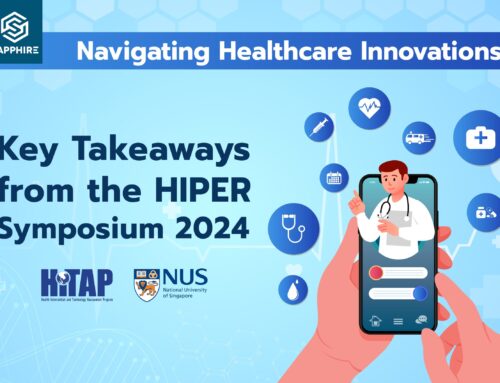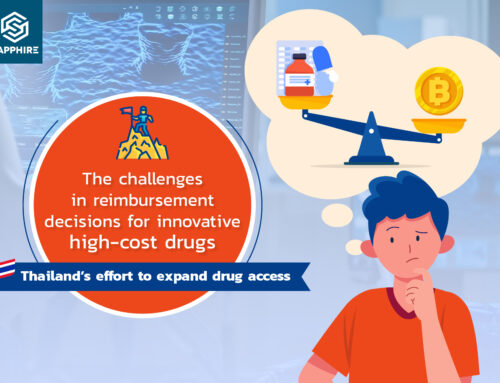
Inequalities of health exist across the globe, between genders, socioeconomic groups, ethnicities, geographic regions, and many other characteristics. Health interventions rarely, if ever, have a uniform impact on all the groups that are eligible to receive them, yet most economic evaluations only quantify the mean impact of a health intervention across sub-populations, irrespective of whether they increase or decrease health inequalities. in recent years, new methods have become available to quantify the equity impact of health interventions in an economic evaluation.
On Wednesday 25th November 2020, HITAP hosted a webinar with guest lecturer Prof. Richard Cookson (University of York) on equity and conducting distributional cost-effectiveness analysis (DCEA). The seminar introduced concepts of equity and DCEA and explained how this approach can show the equity impact of a health intervention. The session also illustrated how these methods can be used to analyse the trade-offs that sometimes occur between equity and efficiency, the additional data requirements for this approach were also discussed. This analytical framework can be used to help healthcare and public health organisations make fairer decisions with better outcomes. The presentation stimulated a lively discussion among participants on the feasibility of routine incorporation of DCEA into health technology assessment, data requirements and sources of information available in low- and middle-income settings.
The workshop saw participation from HITAP’s regional and global networks, with numerous participants joining from the HTAsiaLink and iDSI networks, as well as many others – one hundred and sixty-eight participants registered to attend the webinar in total.
If you would like to watch the workshop and learn more about equity and distributional cost-effectiveness analysis, please click here. If you would like to receive a copy of the presentation slides, please contact Chris Painter ([email protected]) or Praewa Kulatnam ([email protected]). Furthermore, a weeklong short course in DCEA will take place on between April 19th-23rd, organised by the National University of Singapore. To find out more information on this course, and to register, visit https://hiper.nus.edu.sg/events/. A book containing more information about DCEA may also be found at https://www.york.ac.uk/che/publications/books/handbook-dcea/.



